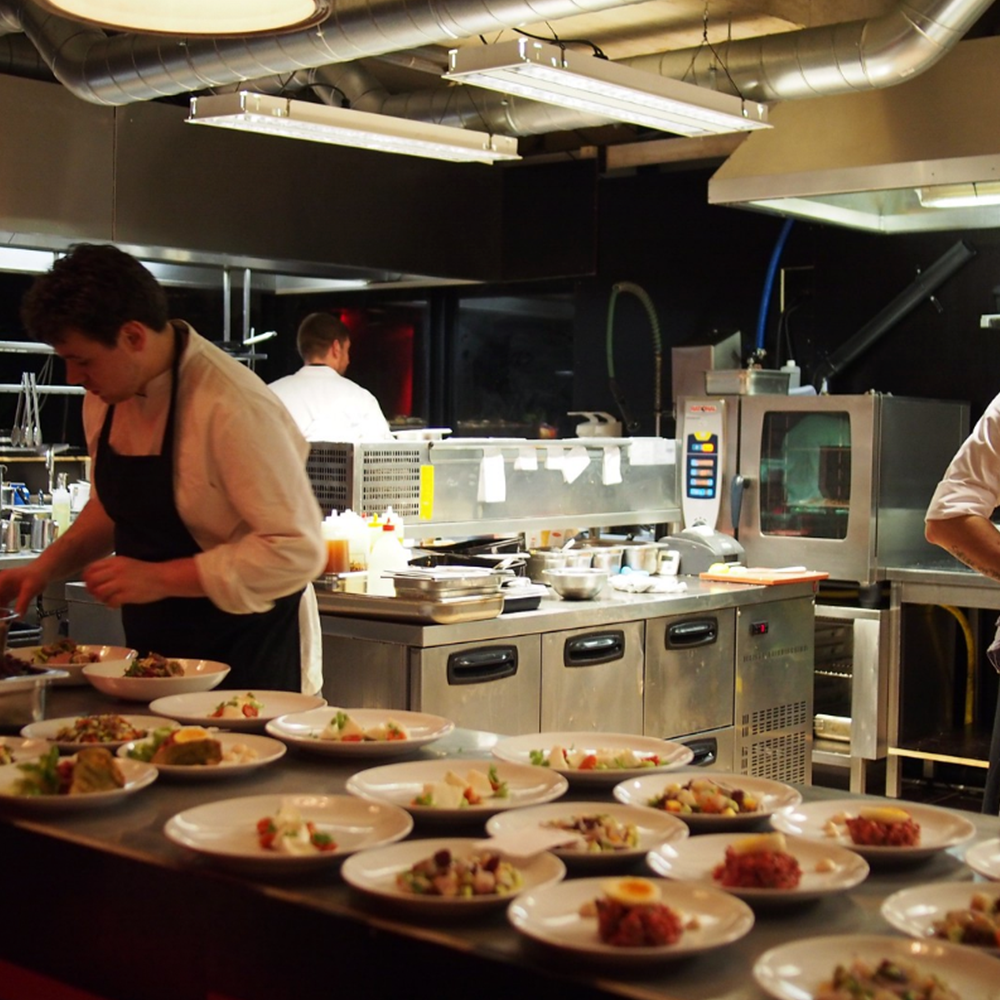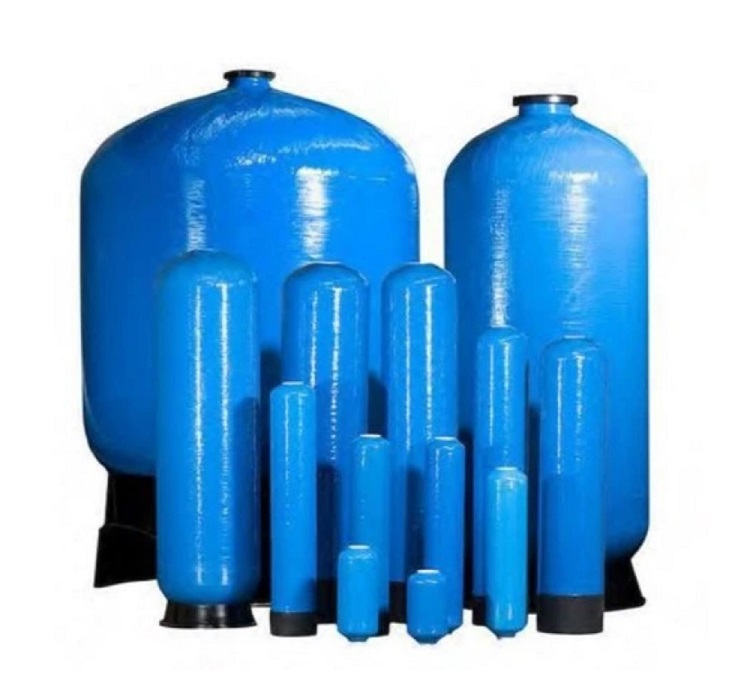
4 reasons why you should cook with treated water
Cook using treated water has many advantages and benefits, some of which we will explain in this article. Ensuring the safety of our drinking water should be a top priority for everyone, but when it comes to cooking, the benefits of filtered water may not be immediately obvious. What you may not realize is that many of the best water filters for coffee that you get from filtering your drinking water also transfer to your cooking.
Want to take your cooking to the next level? One component of great cooking that is often overlooked is the quality of the water you use.
Untreated water can contain chlorine and other byproducts that can negatively affect the taste of the water. If unfiltered water is used for cooking and beverages, those chemicals also affect the taste of the foods and beverages we consume.
Reduce exposure to pollutants
If you are wondering: “Should I use filtered water for cooking?”, the answer is yes! The main reason you should consider filtering the water you use for cooking is to reduce your exposure to any harmful contaminants that your water supply may contain. Although tap water is generally considered safe due to treatment protocols, water flowing from the tap may still contain contaminants that can cause concern.
Purifying your water before cooking is the best way to protect yourself and your family from any unexpected contaminants your water may contain. A kitchen water filtration system can allow you to cook exclusively with filtered water. These point-of-use systems are small enough to install under your sink, but powerful enough to use for your entire family’s drinking water, cooking water, and even as a water filter for your ice maker.
Better taste
More delicious foods – Chlorinated water can cause cooking water to taste weird, which can affect foods, such as pasta. Chlorine can also affect the color of food.
Cleaner Fruits and Vegetables – Washing produce in filtered water prevents contamination with chlorine and related byproducts. Even washing salad in chlorinated water can have negative effects.
Tastier bread
Chlorine can affect yeast, which is a particular problem in sourdough recipes.
Common contaminants found in tap water may affect your baking more than you realize. As any baker knows, baking is both an art and a science. Achieving consistently great results with your baking requires high-quality ingredients and accurate measurements. Water is necessary for gluten formation, for distributing the salt, sugar, and yeast throughout the dough, for yeast fermentation, and for the dough to hold together.
The main reason unfiltered water will affect your baking is hard minerals and disinfectants like chlorine. Water is considered hard if it contains certain solid minerals, especially calcium and magnesium, although heavy metals such as lead and aluminum can also contribute to water hardness.
While a certain amount of hard minerals in water is good for baking baked goods, excessively hard water will reduce the rate of fermentation and stress the gluten in the dough, changing the texture. In addition, the presence of chlorine will reduce fermentation rates and alter the taste of the final product.
See the water well desalination plant with a capacity of 5 cubic meters Dunkin Donuts designed and installed by Carewater.
Consistent flavors
Have you ever made the same dish on multiple occasions and gotten a slightly different flavor? Or tried the same dish at a friend’s house and noticed a flavor you couldn’t quite place? The cause may be water. The flavors in the water you cook with often transfer to the final dishes you prepare. Although the changes may be subtle depending on the dish, they can be quite noticeable.
Chemical disinfectants, such as chlorine and chloramines, are often very noticeable in water flowing from the tap. This is because water suppliers need to ensure your tap water is treated to your home. Which means using long-lasting disinfectants that provide protection against microbes throughout the journey through your water system.
Unless you leave the water on too long to allow disinfectants like chlorine to evaporate, those flavors will get into the food you eat. Other common contaminants, such as volatile organic compounds (VOCs) can also change the taste of tap water, and therefore the flavor of the foods you prepare with it.
Cooking with filtered water can eliminate sanitizers, chemicals, and other contaminants that alter the flavor of your meals, resulting in more precision in your favorite recipes. These contaminants will not only affect your food but also your favorite drinks. That’s why serious coffee lovers ensure they use the best coffee water filter when brewing their morning cup of joe.

























